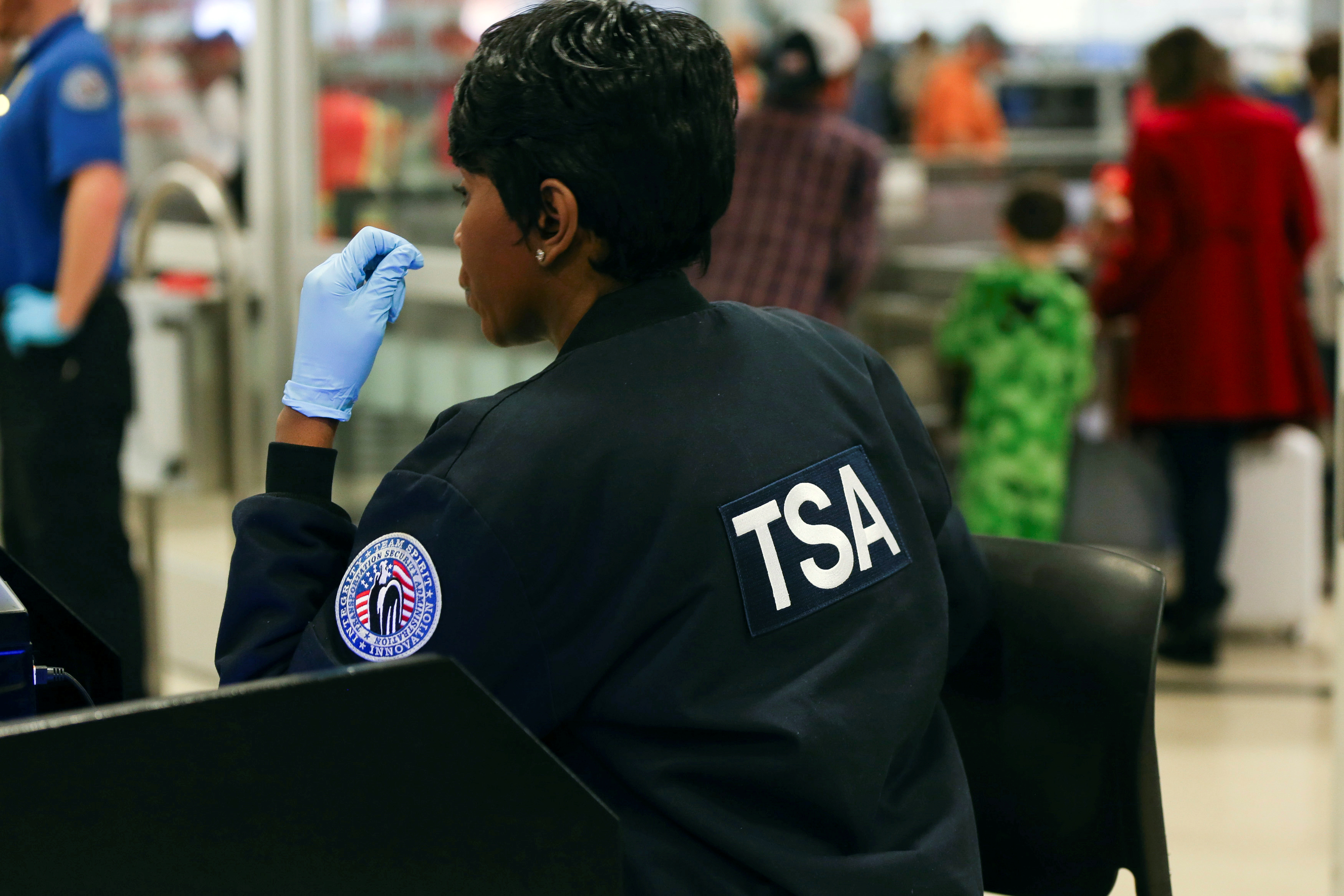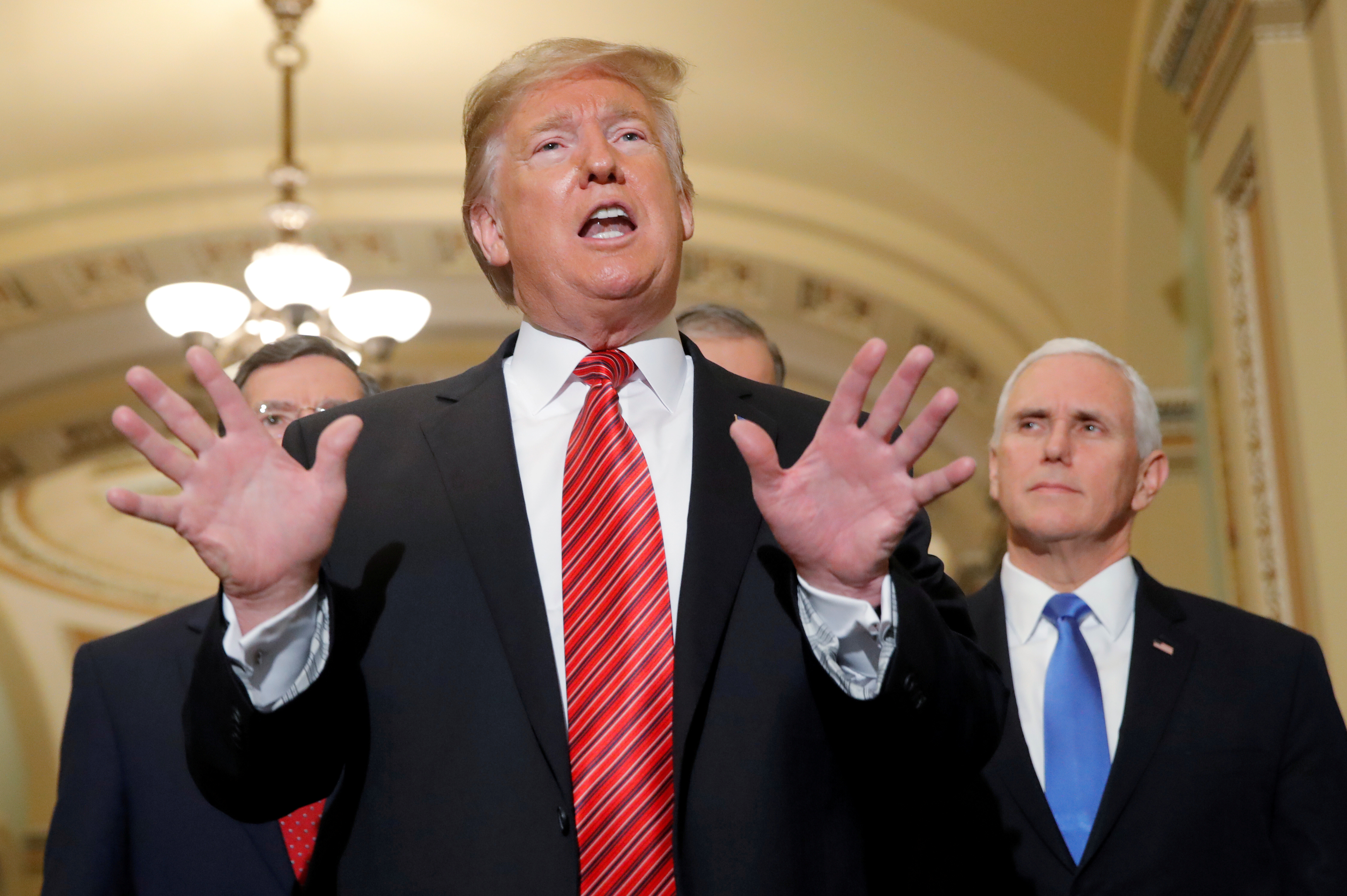Vermont Democratic Rep. Peter Welch begged forgiveness Tuesday night after forgetting about slavery when he insisted that “never in the history of this country has it been legal to make people work for free …”
He offered his “sincere apologies” on social media and affirmed that there has been “nothing worse” in history “than the brutal inhumanity of … slavery …”
Welch was tweeting outrage over federal workers continuing to be unpaid due to the ongoing partial government shutdown. (RELATED: Government Shutdown Is Causing Thousands Of Immigration Cases To Be Cancelled)
Never in the history of this country has it been legal to make people work for free but that’s what’s happening to federal employees. This can never happen again.https://t.co/mqTLNh6lhY
— Rep. Peter Welch (@PeterWelch) January 22, 2019

A Transportation Security Administration (TSA) agent screens passengers at a security checkpoint at Hartsfield-Jackson Atlanta International Airport amid the partial federal government shutdown, in Atlanta, Ga,, U.S., Jan. 18, 2019. REUTERS/Elijah Nouvelage
Sincere apologies.
Nothing worse in the history of our country than the brutal inhumanity of the horrible, relentless, and savage infliction of involuntary servitude-slavery- on millions of people whose freedom was denied.
Nothing.
— Rep. Peter Welch (@PeterWelch) January 22, 2019
Congress approved and President Donald Trump signed legislation last week that will provide back pay for about 400,000 federal employees when they return to work. The shutdown is now the longest in U.S. history. (RELATED: Government Shutdown Soon To Cost More Than Trump’s Border Wall)

U.S. President Donald Trump talks to reporters as Vice President Mike Pence looks on as the president departs after addressing a closed Senate Republican policy lunch while a partial government shutdown entered its 19th day on Capitol Hill in Washington, U.S., Jan. 9, 2019. REUTERS/Jim Young.
“The peculiar institution” that Welch apparently forgot was legal in the United States until the passage of the 13th Amendment after the end of the Civil War in 1865. President Abraham Lincoln’s Emancipation Proclamation of 1862 only “freed” slaves in Confederate states at war — and not those in Union slave-holding states like Maryland.


